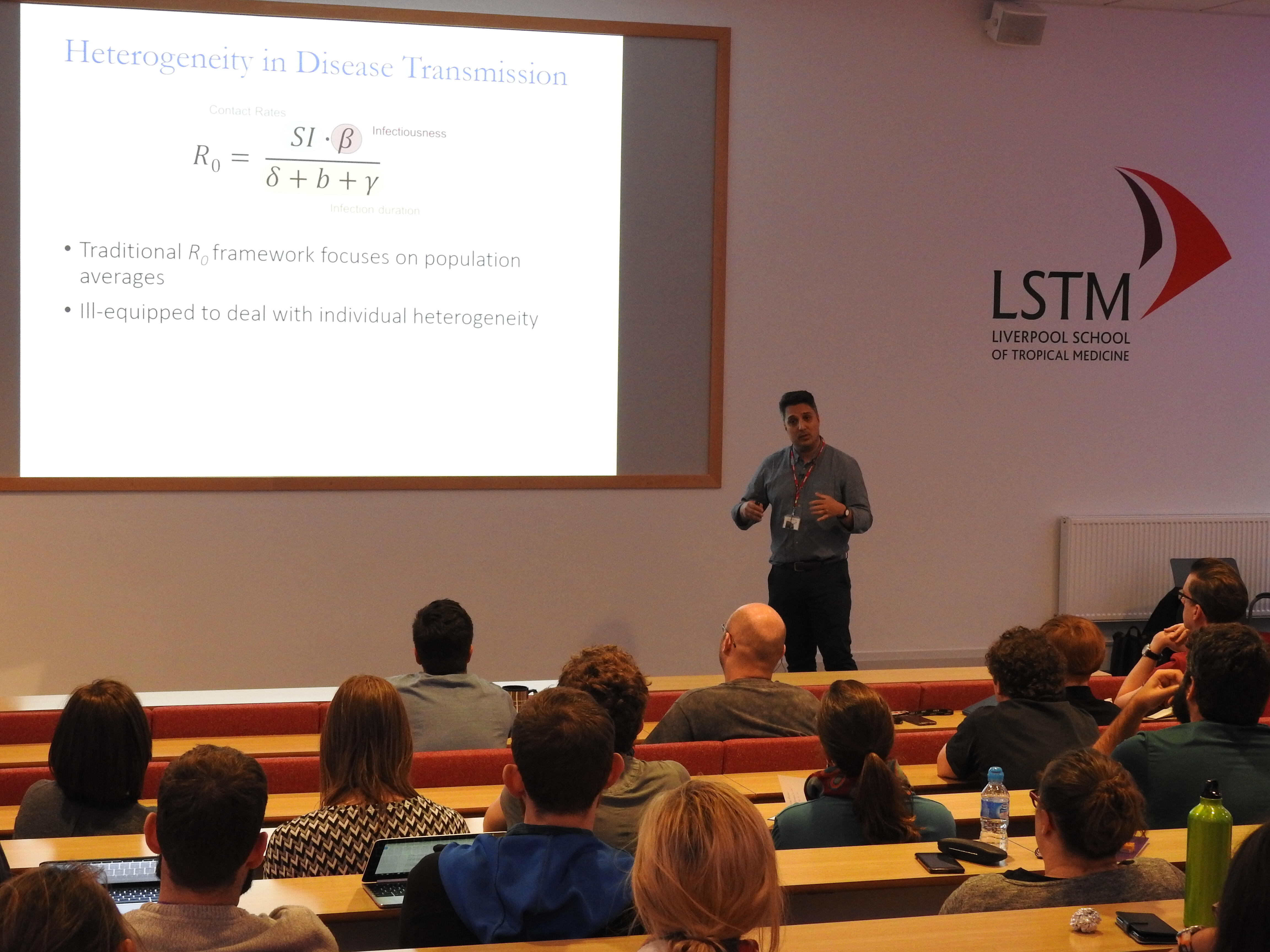
A seminar by Dr Pedro F Vale, Institute of Evolutionary Biology and Centre for Immunity, Infection and Evolution, University of Edinburgh, UK
Infection is one of the largest sources of mortality worldwide. This problem remains difficult to solve in part because hosts vary substantially in their individual responses to infection, with important but largely unpredictable consequences for disease spread and evolution. We take multi-scale, experimental approach to the study of variation in disease, exploring variation host genes, tissue-level responses to infection, individual level physiological states, life-history and behaviour, and population-level experimental epidemics and evolution. Much of this work builds on the unique strengths of the fruit fly Drosophila melanogaster as model of infection, immunity and behaviour during systemic and chronic infections by either viral and bacterial pathogens. I will present data showing how genetic variation in social aggregation, resistance, disease tolerance, and pathogen shedding combine to produce individual heterogeneities in the spread of infection.
Pedro is an evolutionary ecologist with broad interests in infection, immunity and behaviour. He received his PhD from the University Edinburgh in 2009 for work done on host-parasite interactions in the invertebrate model Daphnia. Following postdoctoral research at the CNRS in Montpellier (France), in 2013 he joined the Centre for Immunity, Infection and Evolution (CIIE) as a research fellow to work on the causes and consequences of disease tolerance in Drosophila. Since 2015, he is a group leader at the Institute of Evolutionary Biology (U. Edinburgh) supported by a Society in Science – Branco Weiss fellowship.